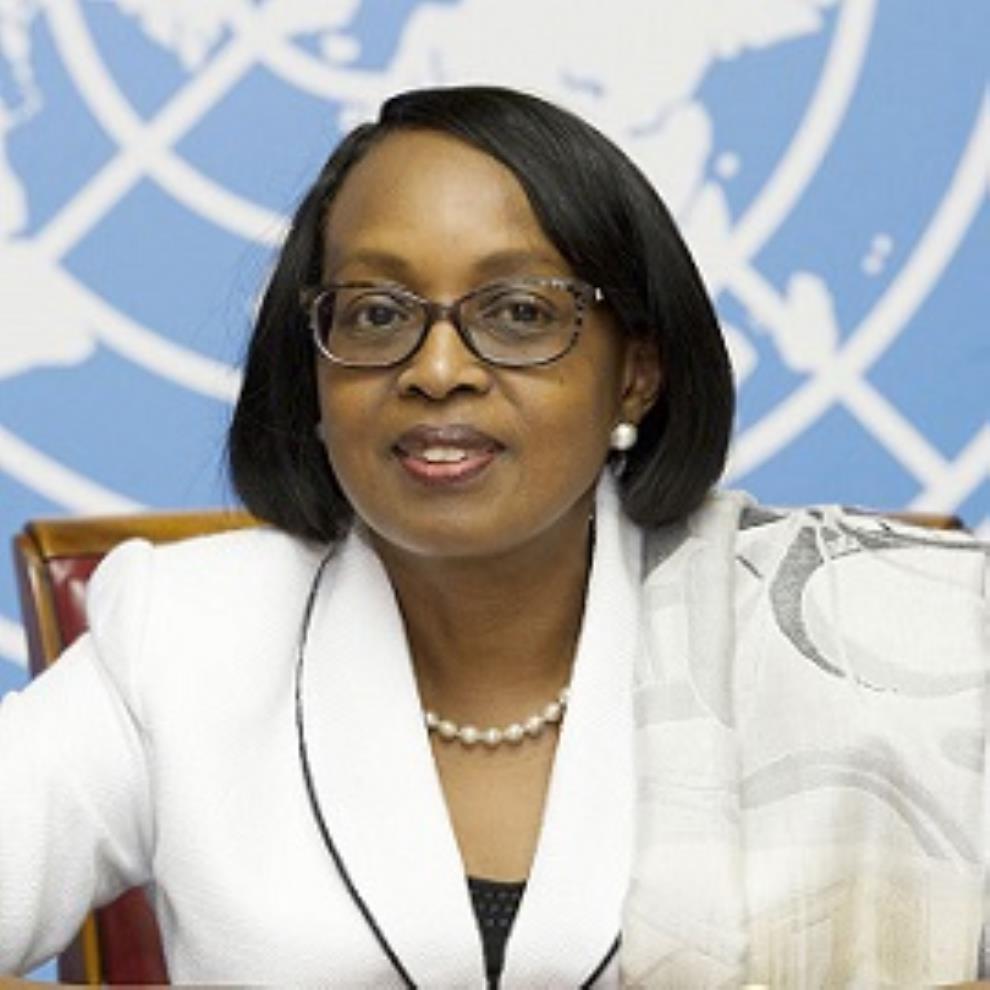As Cervical Cancer Awareness Month is observed in January 2024, Dr. Matshidiso Rebecca Moeti, WHO Regional Director for Africa, draws attention to alarming statistics in the region. In 2020, 100,000 women were diagnosed with cervical cancer, resulting in 70,000 deaths, constituting 21% of global cervical cancer mortality.
This crisis disproportionately affects vulnerable communities, demanding immediate attention. Dr. Moeti emphasizes the urgency of addressing these pressing issues, highlighting three key campaign messages: be informed, get screened, and get vaccinated.
Awareness among young women about the link between cervical cancer and the human papillomavirus (HPV), responsible for 99% of cases transmitted during sex, is crucial. Despite significant gaps in knowledge and access to screening, the WHO African Region is actively combating this burden.
The 2021 public health framework targets specific goals, including vaccinating 90% of girls with the HPV vaccine by age 15, screening 70% of women using a high-performance test at ages 35 and 45, and ensuring timely treatment for those diagnosed.
Successful integration of cervical cancer screening into HIV services, particularly in Zambia, has shown positive results. Initiatives supported by Roche are integrating breast and cervical cancer services into primary healthcare in Cote d’Ivoire, Kenya, and Zimbabwe.
Advancements in screening techniques, such as HPV testing, self-sampling kits, and rapid HPV testing, have been implemented in various countries, including Kenya, Malawi, and Cameroon. Strengthening diagnostic and treatment capacity is crucial for early intervention, witnessed in Malawi, Sierra Leone, and Zambia.
Efforts to make HPV vaccination routine, with a single-dose vaccine adopted in four countries, show promise for higher coverage.
As we enter 2024, Dr. Moeti urges all countries to intensify awareness campaigns, promote screening, and encourage HPV vaccination. Cervical cancer, preventable and curable, requires a collective effort.
The WHO Regional Office for Africa remains committed to collaborating with countries and partners to expedite action, ensuring no woman in Africa faces this devastating disease without support.
Together, let’s prioritize cervical cancer on our agenda and work towards a future free from this preventable and curable affliction.

